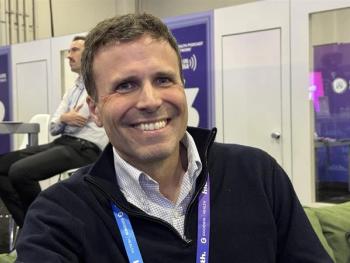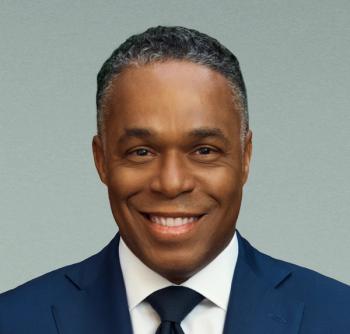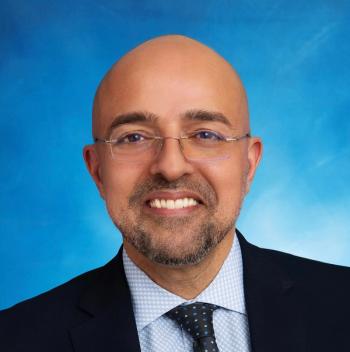
On strike: More than 75,000 Kaiser Permanente workers stage walkout
Union leaders say it’s the biggest healthcare workers' strike in American history. The California-based system and workers remain apart on some key areas.
With no deal on a new contract in place, tens of thousands of Kaiser Permanente healthcare workers have walked off the job.
More than 75,000 union workers authorized the strike. Workers with the Coalition of Kaiser Permanente Unions began their walkout Wednesday morning.
Workers in Maryland, Virginia, and Washington, D.C. plan to go on strike for 24 hours. Union members in California, Oregon, Washington, and Colorado say they will be on strike for three days.
The Coalition’s contract expired Sept. 30. Union workers have complained that staffing shortages are taxing staff and hurting patient care. Workers are also seeking better compensation.
Kaiser Permanente says its medical centers will remain open throughout the strike and contingency plans have been developed to continue patient care. The system says patients may experience high call volumes with longer wait times.
The health system says it has offered pay increases along with strong benefits packages. The system says it has offered increases in minimum wages across the board.
Based in Oakland, Calif., Kaiser Permanente operates 39 hospitals and more than 600 other medical offices in several states. Its health plan serves nearly 13 million members.The organization employs more than 200,000 workers.
In recent days, unions and Kaiser Permanente say they’ve made progress on some areas, such as protections against outsourcing, but remain apart on key issues.
Dave Regan, president of SEIU-United Healthcare Workers West, has focused on staffing concerns as a key issue that must be resolved. SEIU-UHW represents more than 60,000 workers.
Rebecca Love, chief clinical officer of IntelyCare and a leading nurse advocate, says the strike is emblematic of the challenges facing the nursing industry.
"We need to actively listen to the frontline and confront financial challenges tied to payments, processes, and reimbursement — and this will require the support of leaders throughout the industry. Bridging the gap between frontline healthcare workers and executives is vital to establish a more equitable system," Love said in a statement.
Democratic lawmakers have spoken out in support of the union. U.S. Rep. Katie Porter, a California Democrat, wrote a message on X (formerly Twitter) urging Kaiser Permanente to "put patients before profits and invest in their workforce."
U.S. Sen. John Fetterman, D-Pa., also offered his backing on the social media platform, saying, "I stand in solidarity with the brave health care workers standing up and demanding better treatment for themselves AND their patients."
In response to union statements about workers leaving the system due to staffing shortages, Kaiser Permanente has said that the average Coalition-represented employee stays at the system for nearly 11 years. Kaiser also says that its turnover rate is 7%, well below the industry average.
Hospitals have seen some
In January,







































